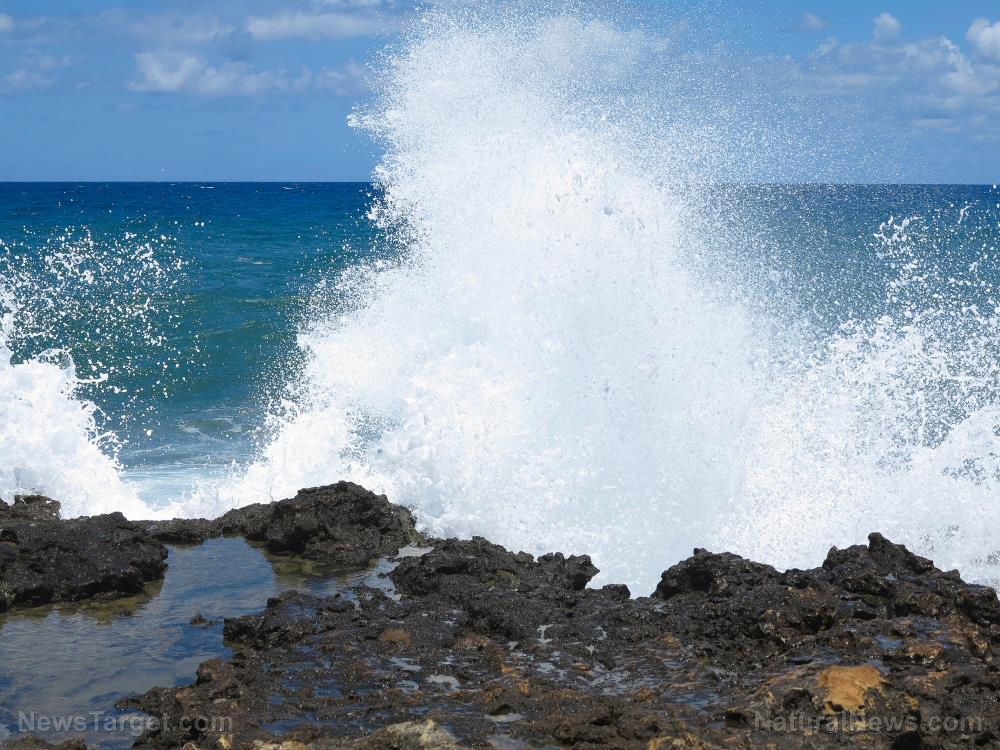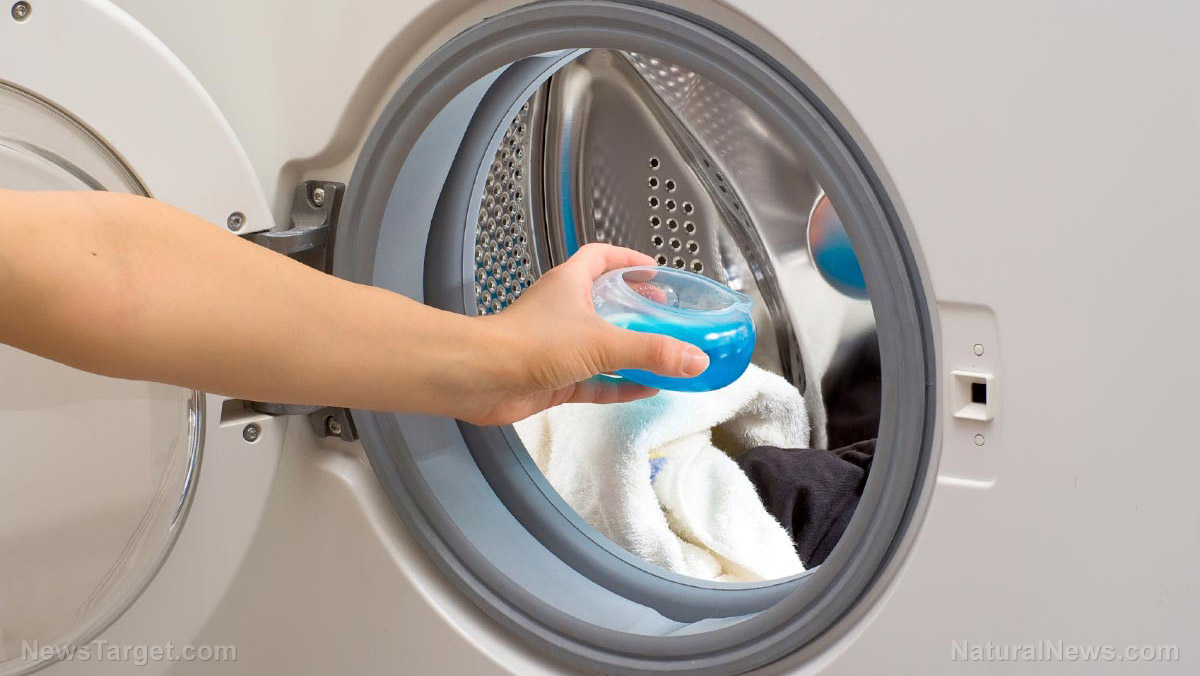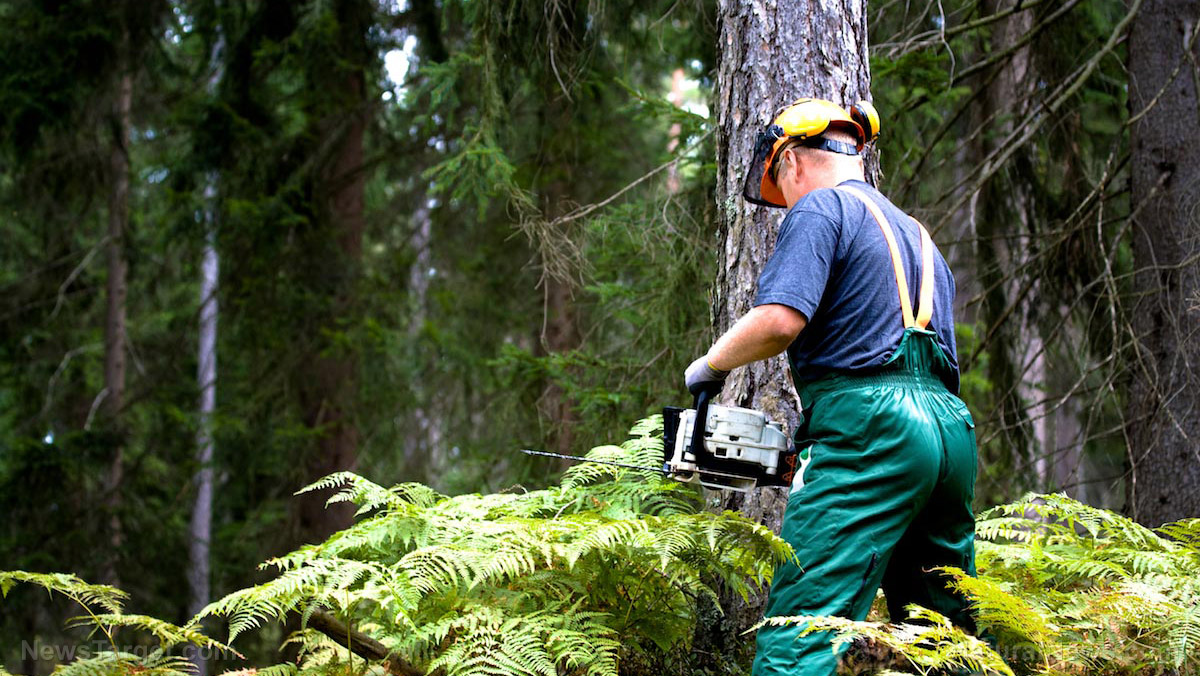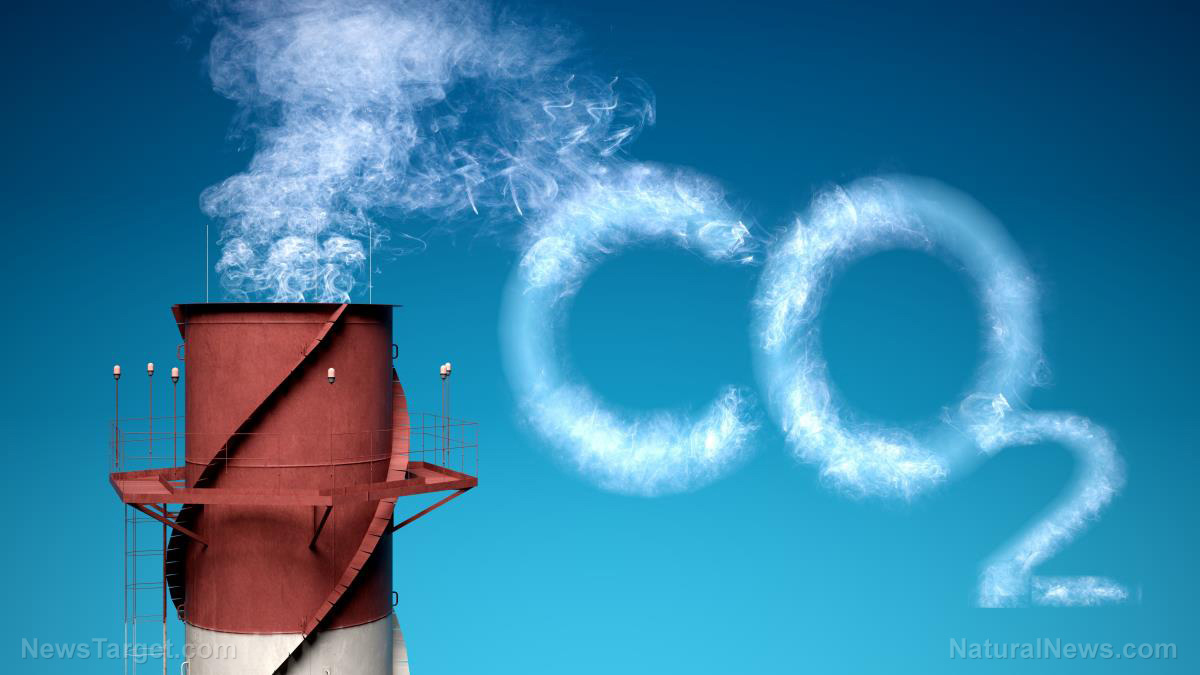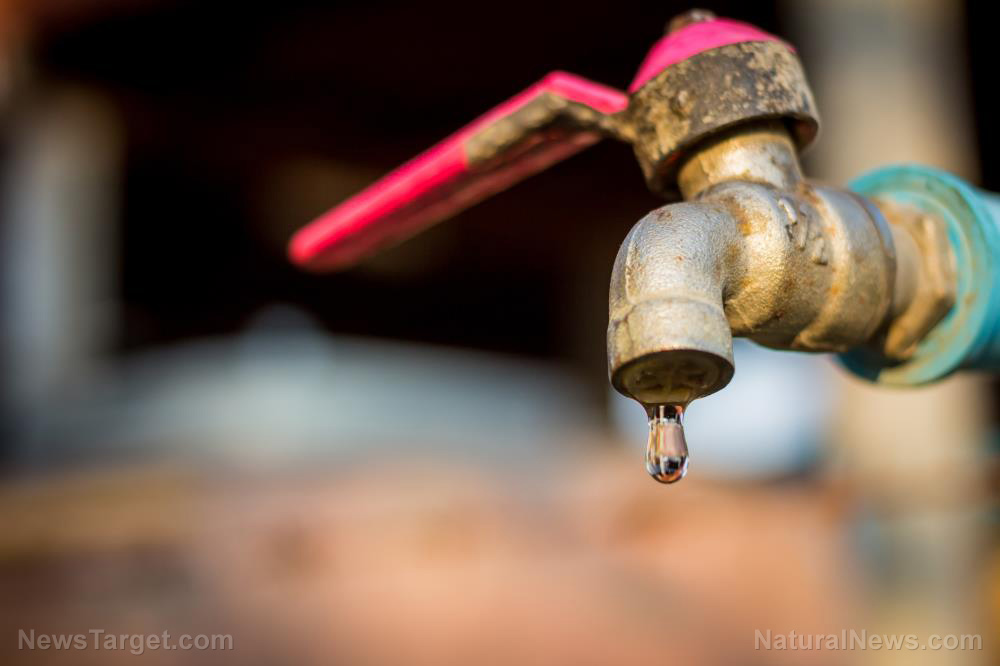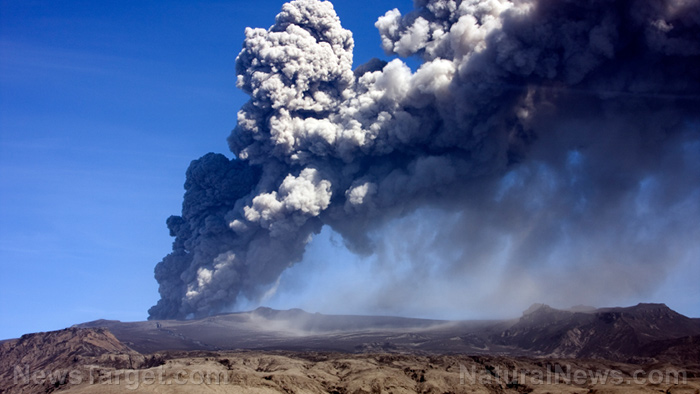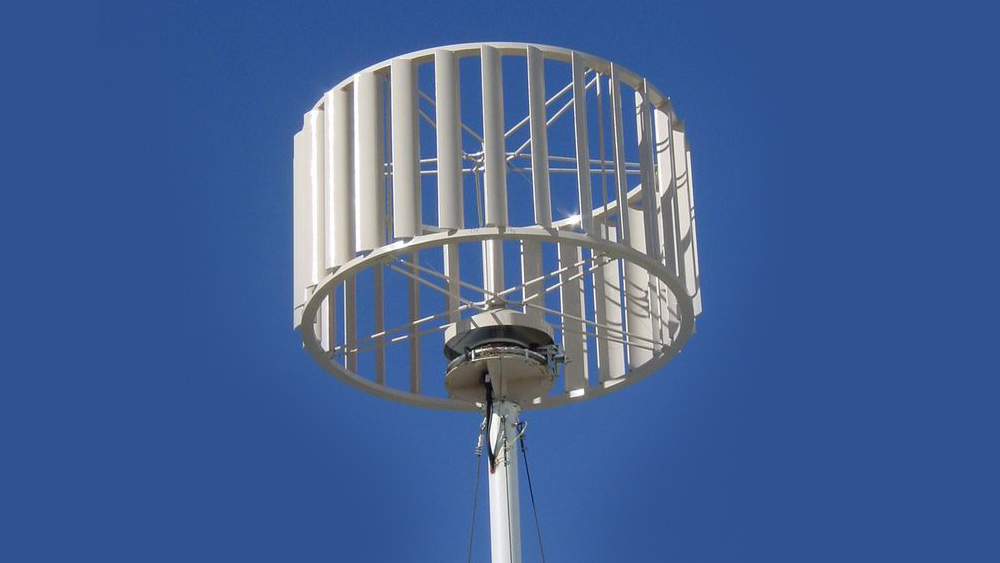Toyota battery manufacturing plant being constructed in North Carolina will produce lithium-ion batteries for up to 200,000 electric automobiles each year
12/08/2021 / By Matthew Davis

A new battery manufacturing plant to be built by Toyota for electric vehicles is expected to create 1,750 jobs in North Carolina. The Toyota Battery Manufacturing is set to open in 2025 at the North Carolina Greensboro-Randolph Megasite.
There will be four production lines in the plant, each capable of producing enough lithium-ion batteries for 200,000 all-electric and plug-in hybrid electric vehicles when production begins. Toyota hopes to later expand this to at least six production lines to create a combined total of up to 1.2 million vehicles per year.
The plant will be the first to produce automotive batteries for Toyota in North America. The investment in the facility, which includes funds to develop land, is being made by Toyota and Toyota Tsusho and is scheduled through 2031.
The $1.29 billion facility will be partially funded by Toyota’s $3.4 billion investment into automotive batteries. That $3.4 billion figure is part of a global total of around $13.5 billion that Toyota has set aside for investment in battery development and production.
“The future of mobility is electrification and the Greensboro-Randolph Megasite is the ideal location to make that future a reality,” said Ted Ogawa, CEO of Toyota Motor North America.
“North Carolina offers the right conditions for this investment, including the infrastructure, high-quality education system, access to a diverse and skilled workforce, and a welcoming environment for doing business. Today marks the beginning of a mutually beneficial partnership with the Tar Heel state as we embark on our journey to achieve carbon neutrality and provide mobility for all.”

The announcement comes as Toyota attempts to reach its goal of carbon neutrality by 2050, in line with President Joe Biden’s efforts to tackle climate change. Toyota expects the plant to be powered completely by renewable energy to produce the batteries.
The company, which is focusing on hybrid electric vehicles, continues to stave off competition from electric vehicle world leader Tesla.
Musk hits Biden’s legislative proposal
On Monday, Dec. 6, Tesla CEO Elon Musk criticized the Biden administration’s proposal to give union-made, U.S.-built electric vehicles a $12,500 tax incentive under the Build Back Better Agenda. In an interview with the Wall Street Journal (WSJ), the billionaire also noted that China is adjusting to its growing position as a dominant world power.
“Honestly, I would just can this whole bill,” said Musk during a virtual appearance at the WSJ‘s CEO Council Summit. Musk spoke from a Tesla factory building in Austin, Texas. Related: Elon Musk to deepen Texas ties with proposal for “City of Starbase” in Cameron County.)
Musk, who is often critical of U.S. authorities, hit federal efforts meant to spur electric-vehicle adoption, including a bill that would boost incentives for buying battery-powered cars.
The House has passed a roughly $2 trillion social spending and climate bill championed by Biden that would give consumers a tax credit if they buy an electric vehicle assembled by union workers using American-built batteries. Vehicles made in nonunion factories, such as Tesla’s, would qualify for a smaller credit.
The Senate has yet to vote on the measure.
“Federal funding for electric-vehicle charging is unnecessary,” said Musk. “Do we need support for gas stations? We don’t. Delete it.”
The infrastructure package that Mr. Biden signed into law in November includes $7.5 billion to expand the nation’s network of electric-vehicle charging stations.
In contrast, Musk speaks favorably of China. Tesla has a good relationship with China, home to Tesla’s largest vehicle factory by output.
“There are a lot of people in the government in China who kind of grew up with China being a small economy and maybe who feel like China was pushed around a lot. They haven’t fully appreciated the fact that China really is going to be the big kid on the block,” he said.
Follow ElonMuskWatch.com for more news related to electric vehicles and Tesla CEO Elon Musk.
Sources include:
Tagged Under: battery, big government, Build Back Better Agenda, Climate, climate change, electric vehicles, Elon Musk, green deal, Joe Biden, lithium-ion battery, North Carolina, social spending, tesla, Toyota

